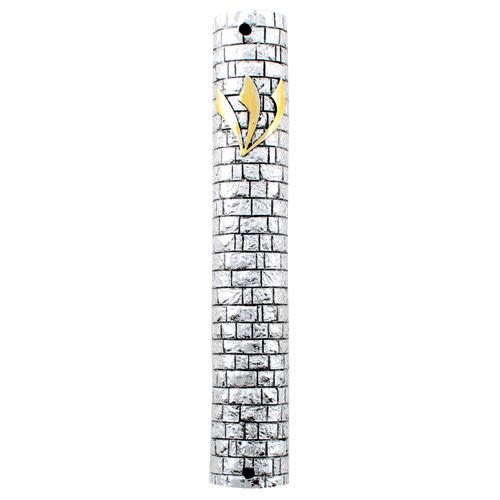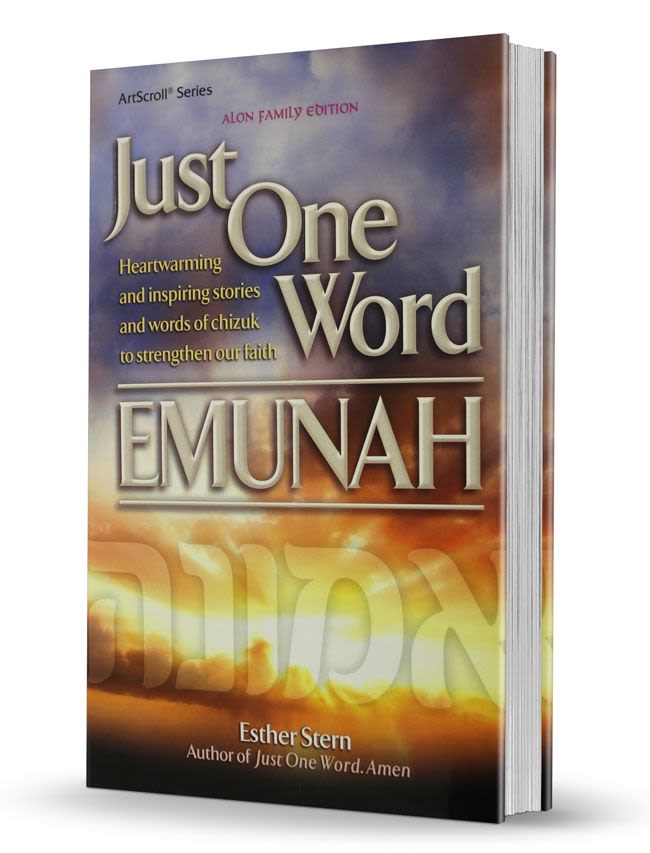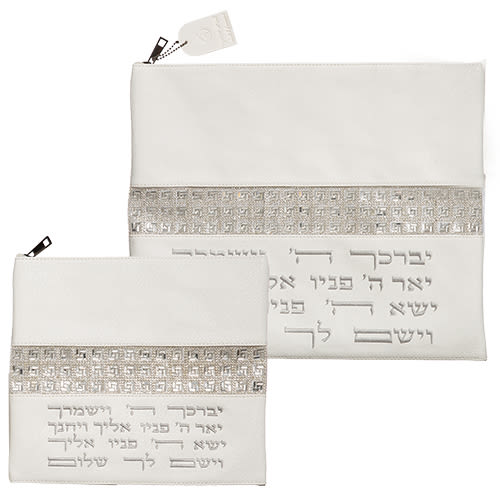
Shoftim: The Gift of Self Evaluation
Judges and officers shall you appoint in all your gates – each one of us needs his own personal courtroom to judge himself every single day of our lives.

"Judges and officers shall you appoint in all your gates" (Devarim 16:18).
A person is liable to misconstrue the above passage and say, "It's not my responsibility to appoint magistrates and policemen; the Torah's directives must therefore be for the leaders of the nation, but they don't obligate the individual." Nothing could be further from the truth.
Even when the Torah speaks to the leaders of the nation, it has an important intrinsic message for the individual. The Torah says your gates in the Hebrew second-person singular in our passage at hand, to further emphasize that it is hereby conveying a significant lesson for the individual.
Rebbe Nachman of Breslev explains (Likutei Moharan I:154) that where there's judgment below, there can't be judgment above. In other words, when we judge ourselves, the Heavenly Court is not allowed to judge us. Practically speaking, this means that when we regularly confess our wrongdoings to Hashem, seek forgiveness, and resolve to improve, then Hashem doesn't allow the Heavenly Court to judge us; Hashem judges us Himself.
There's a vast difference between Hashem's judgments and those of the Heavenly Court – whereas the Heavenly Court judges in exacting, hair-splitting precision by the letter of the law, Hashem's judgments are merciful and forgiving. When the Heavenly Court tries the case, one is almost always found guilty. When Hashem tries a case, one is always declared innocent.
So, if we want to avoid suffering and tribulations, we should set aside sixty minutes a day for self-evaluation and personal prayer, where we judge ourselves in front of Hashem. If we find ourselves guilty of wrongdoing, all we have to do is confess, ask for forgiveness, and commit to do better. The Heavenly Court subsequently is not allowed to touch the case and to try us even for the worst crime, providing that we've confessed to Hashem and are truly making teshuva on our own initiative. Where there's judgment on earth, there can't be judgment in heaven.
A person that spends an hour a day in personal prayer and self-evaluation is bound to win a favorable verdict on the critical annual judgment day of Rosh Hashana.
Our sages teach that we should make teshuva at least one day before we die. The Midrash asks, "Who knows when they're going to die?" The logical answer is that we should make teshuva right now, for today might be our last day. That way, we're making teshuva our entire lives!
Rebbe Nachman's concept of judging ourselves makes our passage at hand crystal clear: Judges and officers shall you appoint in all your gates – each one of us should have his or her own personal courtroom to judge ourselves every single day of our lives. That way, we never accrue spiritual debts, we're constantly in teshuva, and we invoke upon ourselves phenomenal Divine compassion. Not only are we not punished for our confessed misdeeds, but Hashem gives us tremendous rewards for our teshuva, as seen in the following parable:
Yankele was late for work. He got into his car, switched on the ignition, and darted off like a rocket. He approached a flashing yellow traffic light, and stepped on the gas. By the time he reached the intersection, the light had turned red; Yankele couldn't stop, and sailed through the red light.
In his rear-view mirror, Yankele saw flashing red and blue lights; a siren wailed up and down, and a state trooper with an iron jaw and cold-steel glare motioned for him to pull over to the side of the road.
The state trooper stepped out of the patrol car, walked up to the driver's side window of Yankele's car, and prepared to throw the book at him. As the trooper approached, he could hear Yankele mumbling, "Hashem, I've deliberately violated the traffic laws and have gone through a red light. I'm really sorry for doing something so irresponsible, endangering myself and other drivers as well. Please forgive me; I promise to do my utmost so this never happens again as long as I live."
The surprised state trooper listened with gratification to Yankele's self-stimulated confession, remorse, apology, and decision to improve. The trooper's iron jaw became a warm smile. "Mister, I was planning to haul you into court, get your license revoked, and ask the judge to nail you with the maximum penalty. But, I hear you judging and rehabilitating yourself. You don't need an external judge or probation officer. It looks to me like you're doing a good job on your own!" The trooper then informed Yankele that he won't be losing his license or paying a six-hundred dollar fine. "Wait a second…," the trooper said, delaying Yankele for another moment.
Pulling out a checkbook with "State of New Jersey" engraved on it, the state trooper wrote a check for one hundred thousand dollars, passed it to Yankele, blessed him with a continued safe trip, and let him go his merry way!
If the physical world behaved according to the state trooper's standards, would there be anyone on earth that wouldn't make teshuva and judge himself every single day? A person would have to be totally daft to leave his or her misdeeds uncorrected! Yet, the spiritual world runs exactly according to the state trooper model; when we make teshuva for a misdeed, not only do we avoid punishment, but we're handsomely rewarded!
In light of the above, an hour a day of personal prayer and self-evaluation is the opportunity of a lifetime. Tshuva is the greatest gift that a loving G-d can bestow on mankind. May we all merit to make real teshuva, amen!









Tell us what you think!
Thank you for your comment!
It will be published after approval by the Editor.